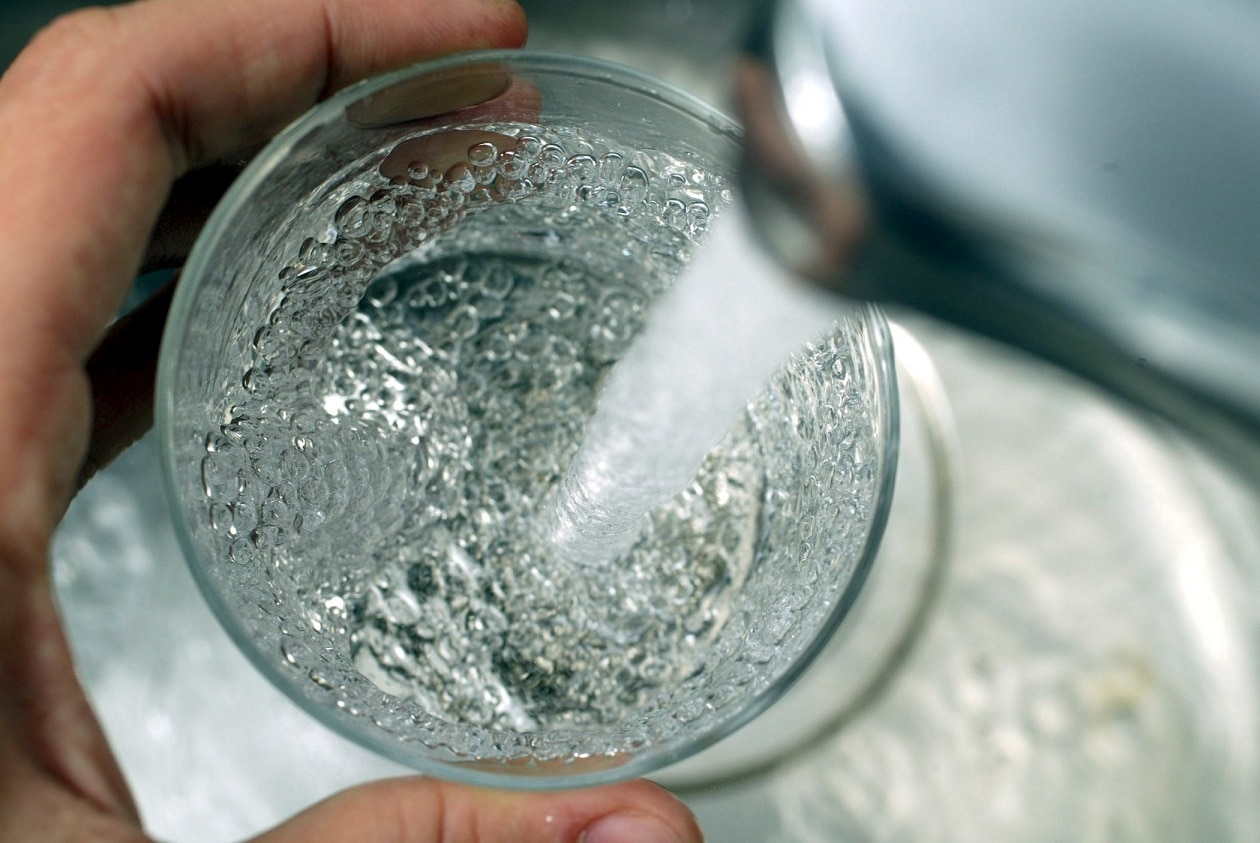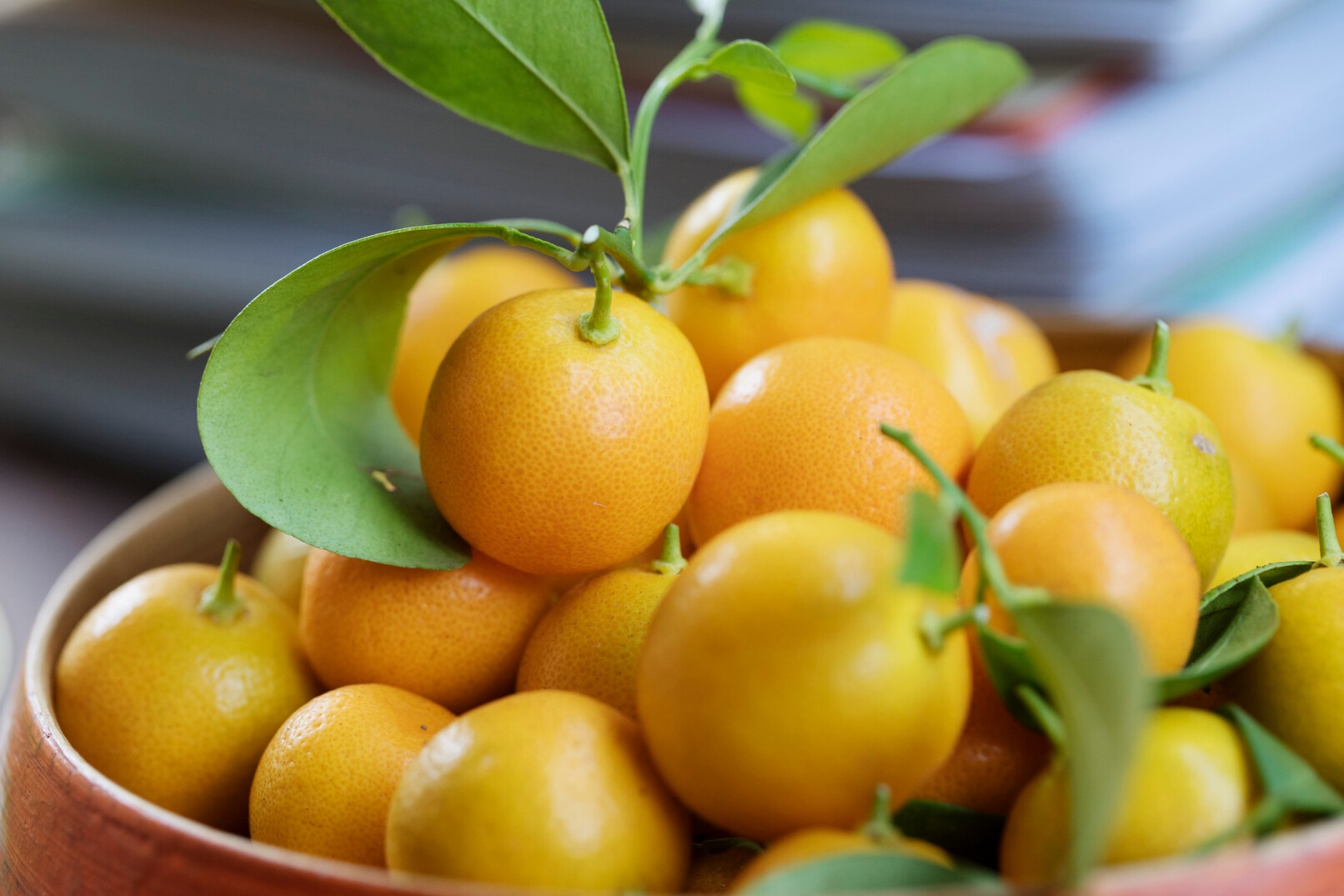Healthy food & bladder issues
Here are some of the nutrients you need to maintain a healthy diet:
Protein
- Good for:
Muscles building, tissue repair, fighting illness and disease, carrying nutrients through the body and producing hormones to name just a few roles.
- How much:
Depends on your weight and how much you use your body (exercise). Ask your doctor how much is ideal for you, as too much protein is not healthy.
- Best sources:
Lean meat, chicken and fish, eggs, dried beans, and nuts.
Vitamins and minerals
- Good for:
Supporting normal body function and prevent disease. The different vitamins and minerals each have different roles; help heal wounds, bolster your immune system, convert food into energy and much more. Many effects are gained from different vitamins and minerals interacting.
- How much:
A minimum of 5 portions of fruits and vegetables per day is recommended, which also ensures that you get enough fibre. Fibre is important to avoid constipation, which may have a negative impact on your bladder health.
Fibre
- Good for:
The right amount of fibre is important to establish and maintain stools and avoid constipation, which can have a negative effect on your bladder.
- How much:
In the UK, the recommended average intake for adults is 30g per day.
- Best sources:
Fruit and vegetables, pasta, rice, wholemeal bread
Fluid
Drink sufficiently, normally around 1.5–2 litres per day. Base your fluid intake on water but you can count other types of beverages in your fluid intake for the day. Not drinking enough can worsen your bladder symptoms. Fill one or more bottles or jugs with water containing a total of 1.5-2 litres of water and store them in the fridge. That will keep the water nice and cold and you will know that once you have emptied them you have reached your daily amount.

How to balance calories
Eat less and limit the occasions where you eat while watching television. Avoid oversized portions by using a smaller plate or bowl. Portion out foods before you eat – then you can arrange it nicely too. When dining out, choose smaller portions or share a dish. Switch to fat-free or low-fat milk. They have the same amounts of calcium and vitamin D, but less calories.
How to increase the intake of healthy food
Make half your plate fruits and vegetables. Consider that you have all colours on your plate, red, orange, light green and dark green.
How to reduce the intake of unhealthy foods
Consider unhealthy food such as cakes, cookies, ice cream, pizza and burgers as occasional choices and not everyday foods. Drink water instead of sugary drinks. Eat less salt, which can raise blood pressure. Compare products and buy the one with less salt. Add spices and herbs instead.

